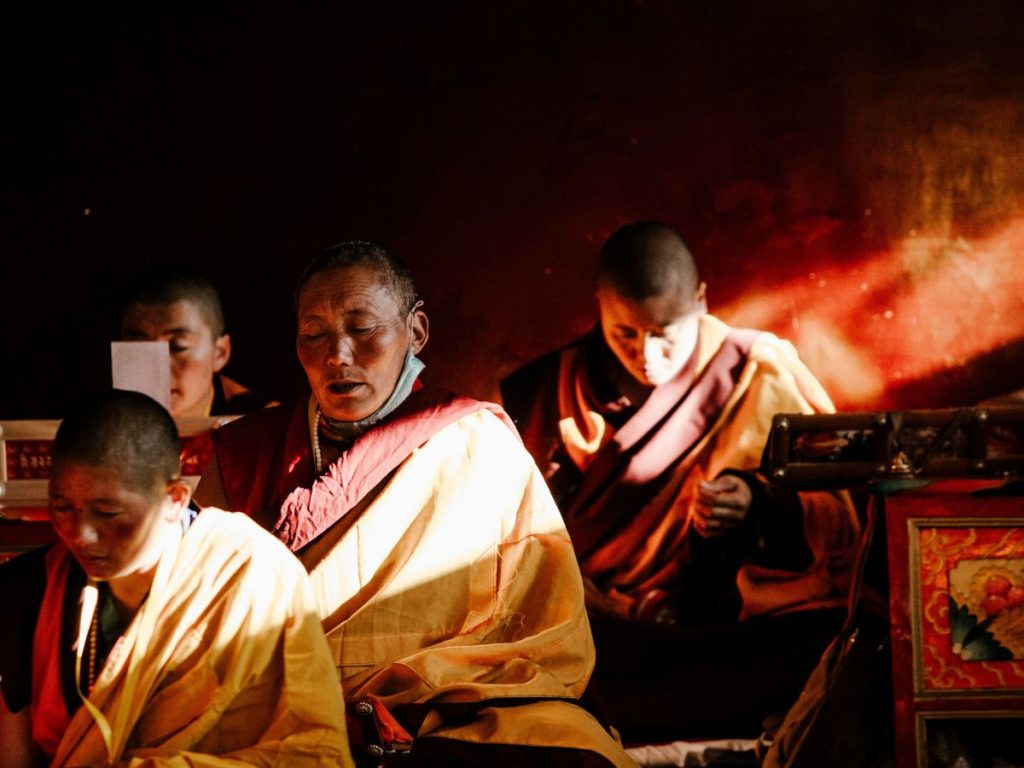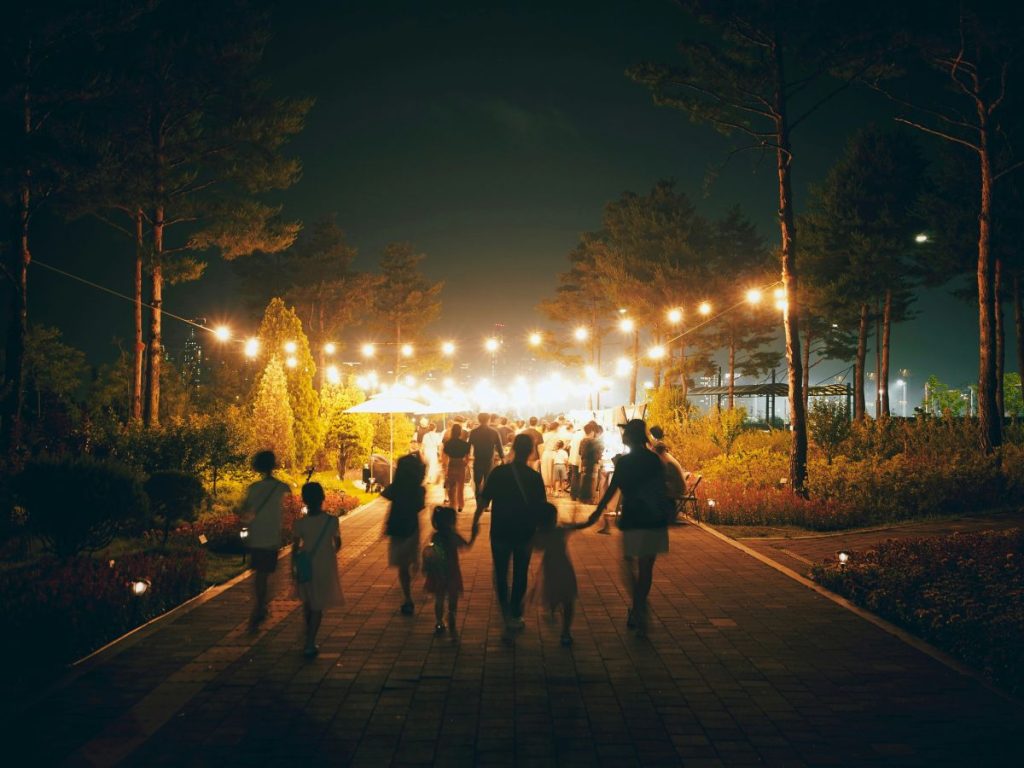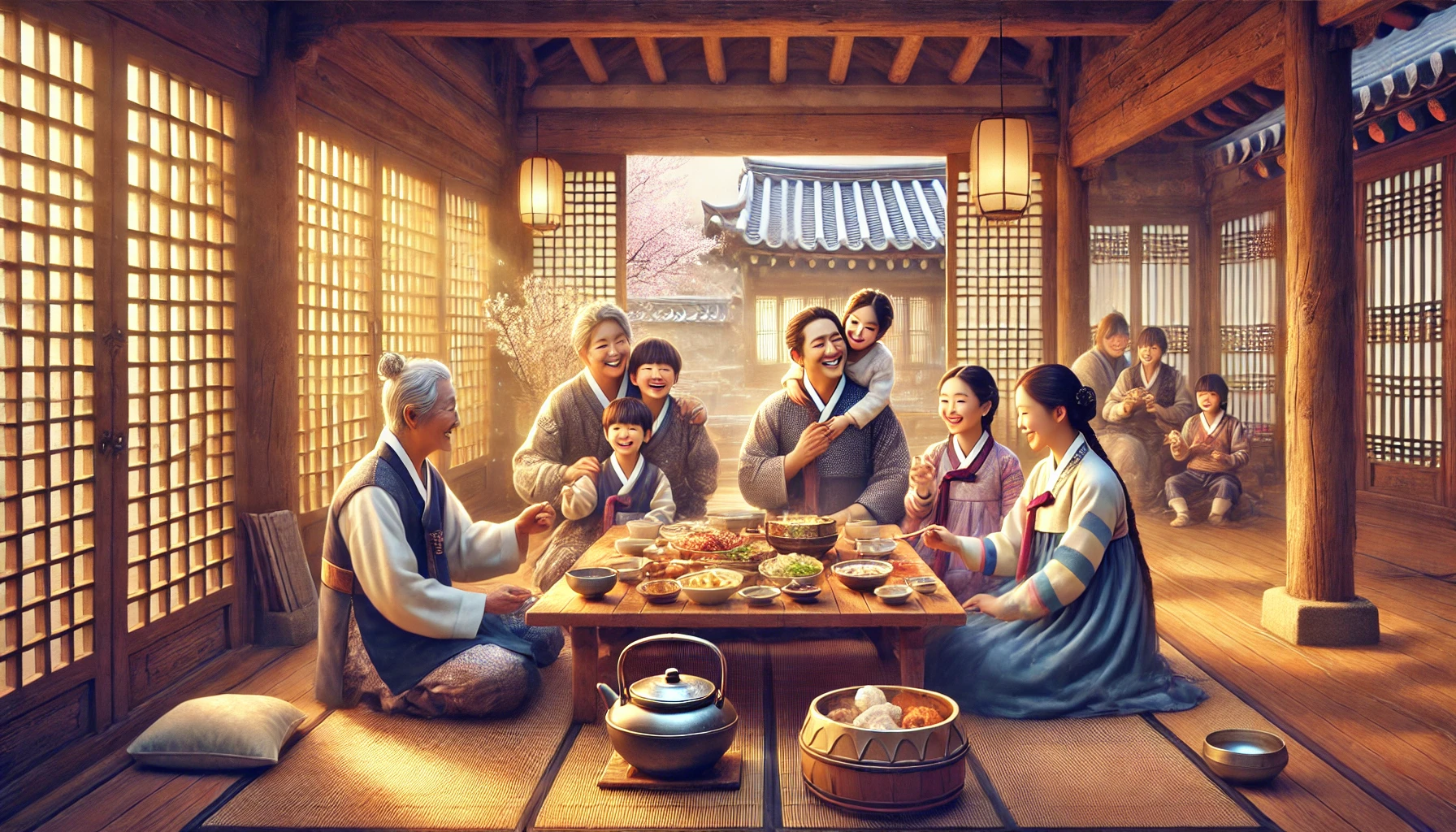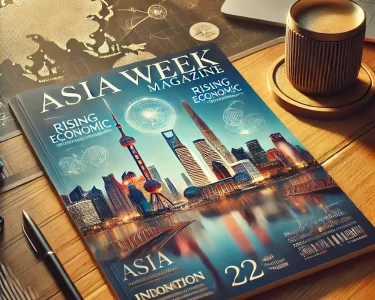Family plays a central role in Korean society, deeply rooted in centuries-old traditions and Confucian values. The concept of family extends beyond just a nuclear unit; it embodies a profound sense of duty, respect, and intergenerational connection. Understanding the value and meaning of the Korean family provides insight into the cultural fabric of South Korea and the guiding principles that shape personal and societal relationships.
The Traditional Korean Family Structure
Historically, Korean families followed a patriarchal and hierarchical structure influenced by Confucian principles. The family was typically multi-generational, with grandparents, parents, and children living together under one roof. The eldest male often held the highest authority, and filial piety (hyo) was a fundamental virtue, emphasizing unwavering respect and obedience to parents and elders.
1. Filial Piety and Respect for Elders
Filial piety is a cornerstone of Korean family values. Children are taught from a young age to honor their parents and elders through speech, actions, and daily responsibilities. This respect extends beyond immediate family members to ancestors, with traditions such as Jesasang (ancestral rites) honoring past generations.

2. The Role of Parents
Korean parents are highly dedicated to their children’s success, particularly in education. There is a strong emphasis on academic achievement, as success in school is often seen as a reflection of both family honor and future stability. Parents make significant sacrifices to ensure their children receive the best education and opportunities.
3. Sibling Bonds and Responsibilities
In traditional Korean families, older siblings are expected to guide and take care of younger ones. This responsibility fosters strong familial bonds and reinforces the collective nature of Korean society, where the well-being of the family takes precedence over individual desires.
The Evolution of the Korean Family in Modern Society
As South Korea has undergone rapid modernization and urbanization, family structures have also evolved. While traditional values remain, contemporary Korean families have adapted to changes in lifestyle, economy, and social norms.
1. Shift from Extended to Nuclear Families
With urbanization and economic demands, more families now consist of only parents and children, as opposed to the traditional multi-generational household. Despite this shift, strong ties between extended family members continue to be maintained through frequent gatherings and celebrations.
2. Changing Gender Roles
Historically, Korean women were expected to prioritize family duties, but today, more women are pursuing careers while balancing family responsibilities. The societal perception of gender roles is gradually shifting, with a growing emphasis on equality in marriage and parenting.
3. Marriage and Declining Birth Rates
Marriage is still highly valued in Korean society, but younger generations are increasingly delaying marriage due to financial pressures and career aspirations. South Korea also faces a declining birth rate, leading to government initiatives aimed at encouraging family growth through policies that support work-life balance and childcare.
The Cultural Importance of Family Gatherings and Traditions
Family gatherings and traditions remain an essential part of Korean culture, reinforcing familial bonds and respect for ancestors.
1. Chuseok (Korean Thanksgiving)

Chuseok is one of the most important family holidays, where families come together to pay respects to ancestors, share traditional meals, and celebrate unity. It reflects the deep-rooted belief in honoring one’s heritage and strengthening family connections.
2. Seollal (Lunar New Year)
Seollal is another major holiday where families gather to perform ancestral rites, enjoy traditional foods, and engage in customs such as sebae (deep bows to elders), symbolizing respect and gratitude.
3. Ancestral Rites and Memorial Services
Many Korean families continue to perform ancestral memorial services, reinforcing the significance of lineage and maintaining a spiritual connection with past generations.
The Enduring Value of the Korean Family
Despite societal changes, the Korean family remains a pillar of strength, identity, and cultural continuity. The principles of respect, unity, and filial piety continue to shape Korean life, highlighting the enduring significance of family in both traditional and modern contexts.
As Korea progresses in the globalized world, the essence of family remains a deeply cherished value, reflecting the harmony between past traditions and contemporary transformations. The Korean family is not just a social unit—it is a foundation that nurtures love, duty, and respect across generations.





